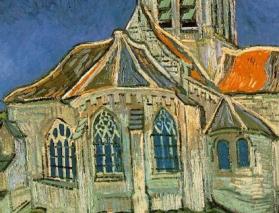In his The Lord Has Saved Me , Michael Barre points to various numerical and other patterns used in the Psalms. Barre’s discussion of the Psalm of Hezekiah (Isaiah 38) gets extremely detailed, but his introduction to the techniques of Hebrew poetry is excellent. For instance: “Several Biblical Hebrew poems have the same number of words in their major sections (with a variation of one word in some cases). Psalm 91 has fifty-six words in each of its two major... Read more














